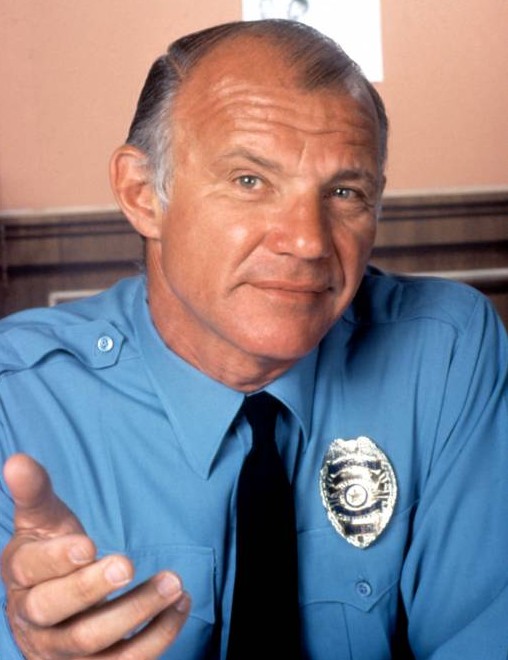Michael Conrad (1925 – 1983)
Ten years ago, at the behest of the Poetry Society, I answered the following question thus:
What are your predictions for American poetry in the next century?
It will be fabulous, problematic, troubling, wonderful- - and unlike anything we imagine today. Just as the Beats grew out of the affluence and McCarthyism that followed World War II and Language Poetry grew out of the Vietnam experience, the great literary tendencies of the next one hundred years will be determined in good part by upheavals we can ony guess at today. As always, the best writing will not be "platform dependent," even if some of it does use newly emerging technologies.
One decade hence, my glib response makes me cringe, not only for the parts I got obviously right – or, should I say, got right because they were obvious – but also for the part I got terribly wrong as well. That comes through less from the words than through the tone. I do use the cautionary terms problematic & troubling, but the tone is all huzzah. You can feel the Y2K New Years cap & celebratory whistle in place & ready to blow. Yech.
The “upheavals we can only guess at” were neither as mysterious as I made them sound, nor merely the provocation for innovative writing this depiction could be read as suggesting. The attack by Islamic extremists had been preceded by an assault on the very same World Trade Center several years earlier. Did we not think a group that took credit, warranted or not, for militarily defeating the Soviet Union in Afghanistan would not step up to the plate against the Great Satan itself? George W. Bush was not the first incompetent to be elected president, not even in the lifetime of most of this blog’s readers, nor the first to install what amounted to a criminal regime in the executive branch. Economies built upon bubbles have never been immune to collapse before – why should we have anticipated anything different?
What disturbs me about my tone of a decade ago is its failure to acknowledge in advance the pain & suffering generated by each of these events. But what disturbs me most about my own lack of vision was the failure to comprehend that such events would be linked, a virtual trifecta of evil the likes of which, etc.
As we step into the teens, I want to be clear then: there is absolutely nothing preventing the ascent of a neo-fascist state on these shores but the readers of this blog and people like ourselves. There is absolutely no reason that Sarah Palin, Lou Dobbs, Glenn Beck or even Ted Nugent could not become president. There is absolutely no reason to believe that the venture in Afghanistan will turn out any better this time around than it has for outside invaders at any time in the last half millennium. And there is absolutely no reason to believe that papering over the problems of the economy – which include the problems of health care – will do anything other than set deeper wheels in motion that sooner or later will come full circle. Have I mentioned the biosphere?
So my words of advice at the end of this decade are taken from the words of the late character actor, Michael Conrad, in his role as Sergeant Phil Esterhaus on the TV series Hill Street Blues, words that I’ve used before at the end of the poem Paradise. They feel much more appropriate. At the conclusion of each shift briefing to his charges, the sergeant would close with the same two sentences:
Listen. Be careful out there.






